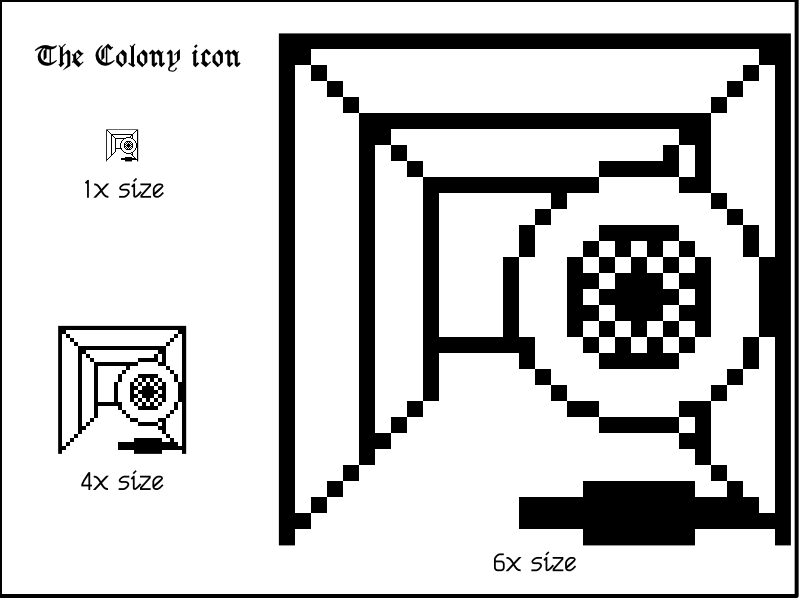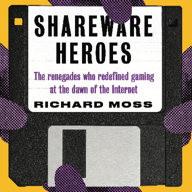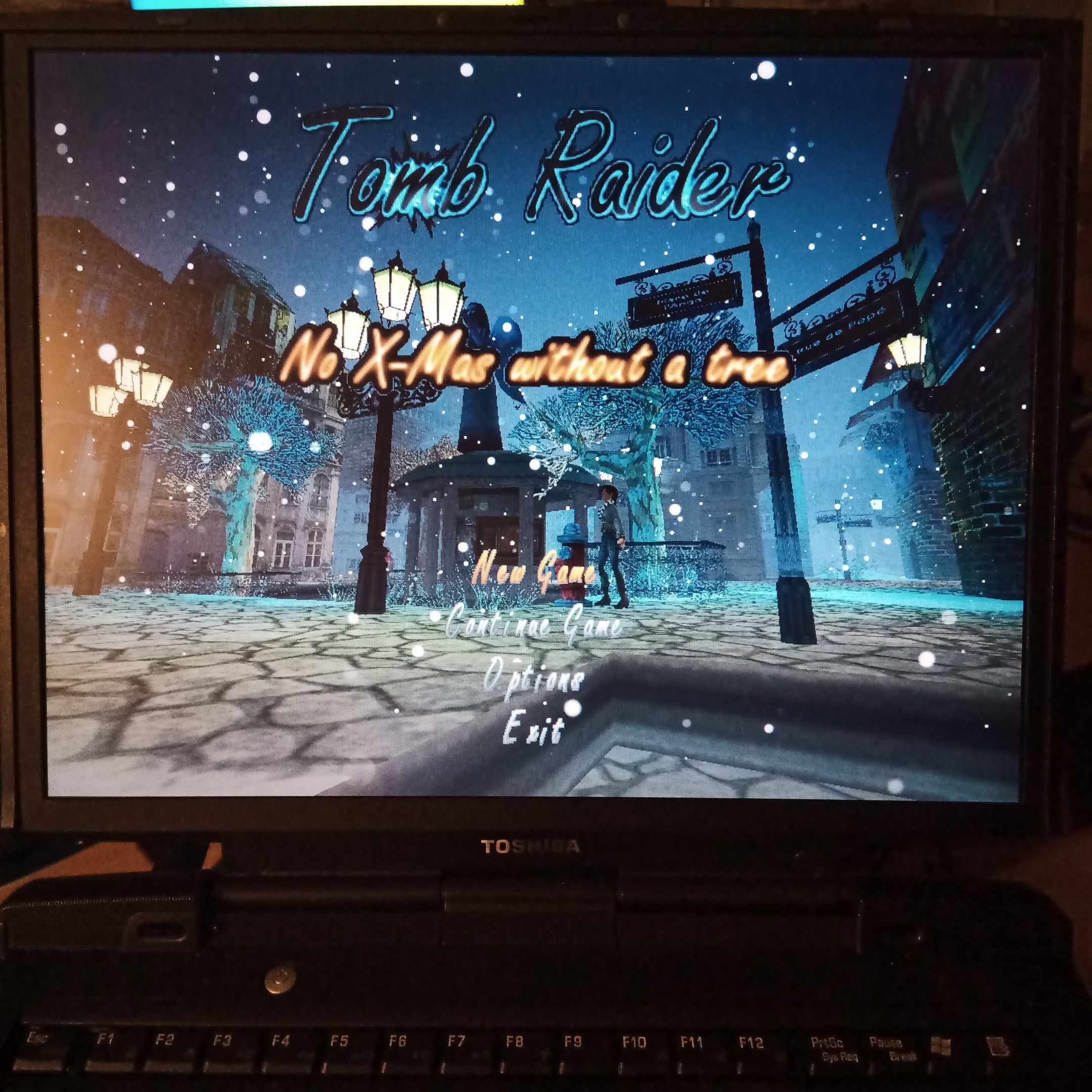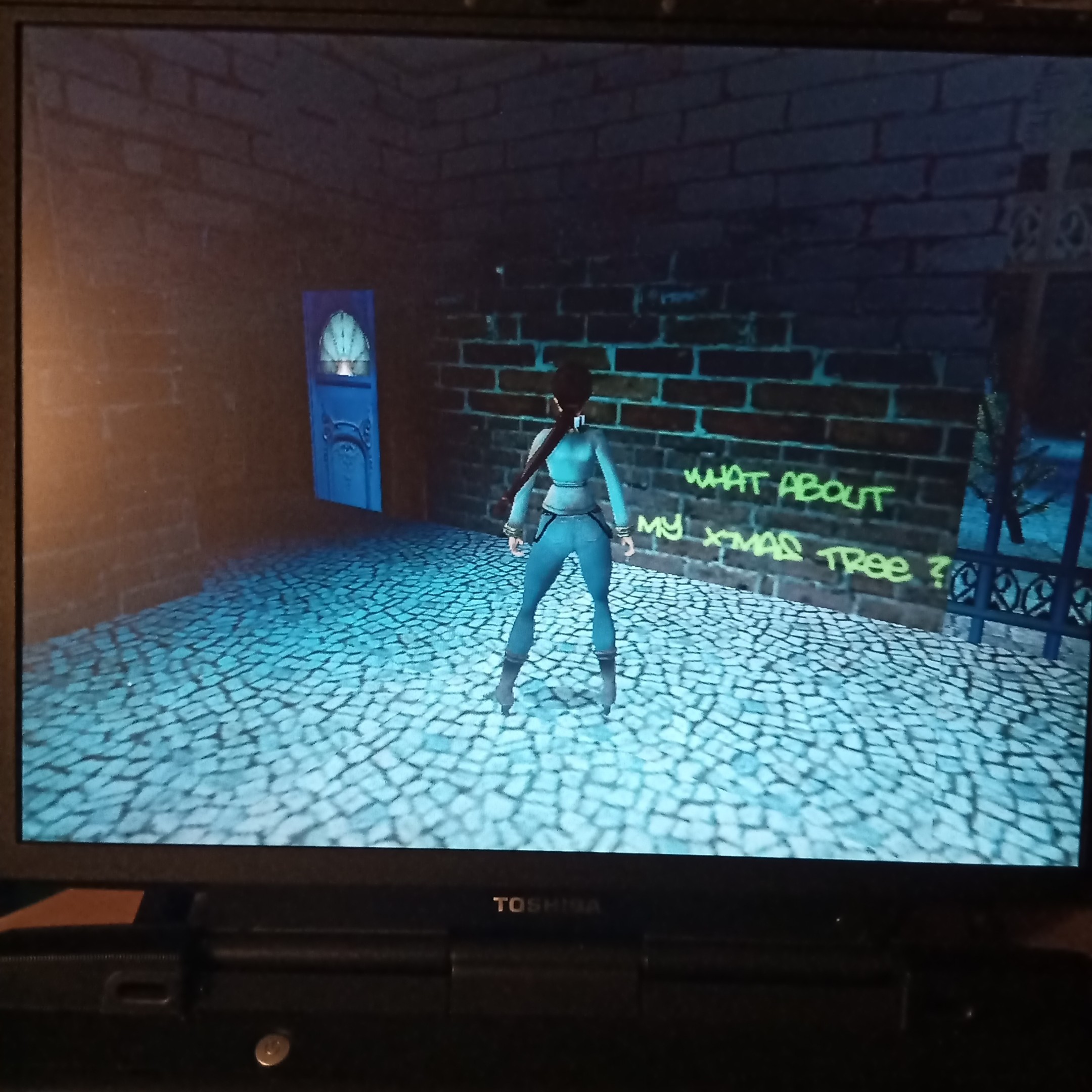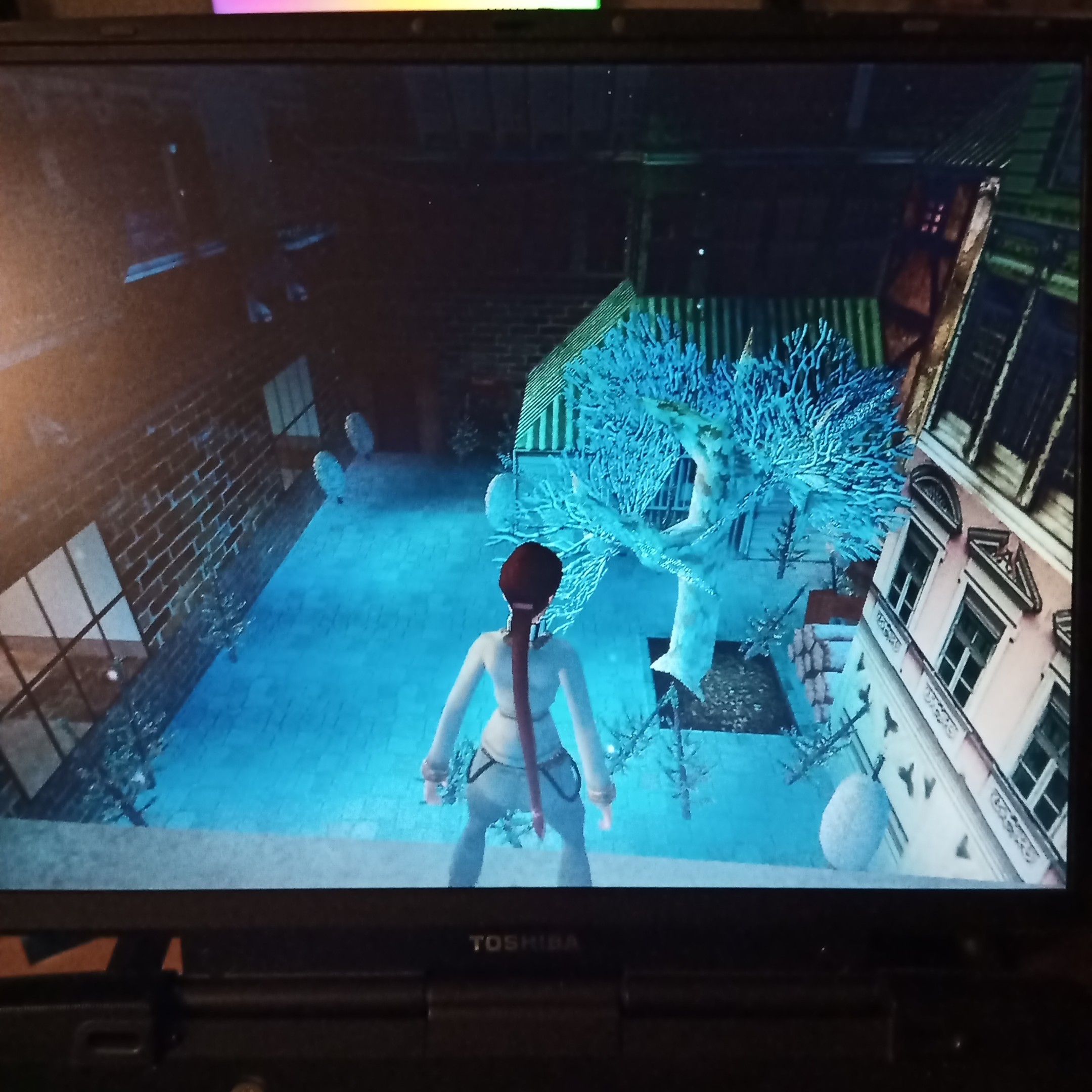I managed to pack in lots of dev stories, biz insights, and meta-narrative into this one. It covers the origins and early work of id Software, Epic (Mega)Games, Apogee/3D Realms, Ambrosia Software, Jeff Minter, and more, along with surprise hits such as Elasto Mania, Snood, Scorched Earth, etc, market failures like Star Quest 1, and quirky games like Grandad and the Quest for the Holey Vest, plus shareware distributors like TUCOWS and Public Brand Software, the UK licenceware and PD scene, the market shifts that happened as the big indie publishers emerged and then left the shareware scene, and more.
If you're wondering if it's worth buying, there's a thoughtful and fun article/review-ish thing over on Eurogamer: https://www.eurogamer.net/the-legacy-of-shareware-is-everywhere
And you can learn more and buy via sharewareheroes.com
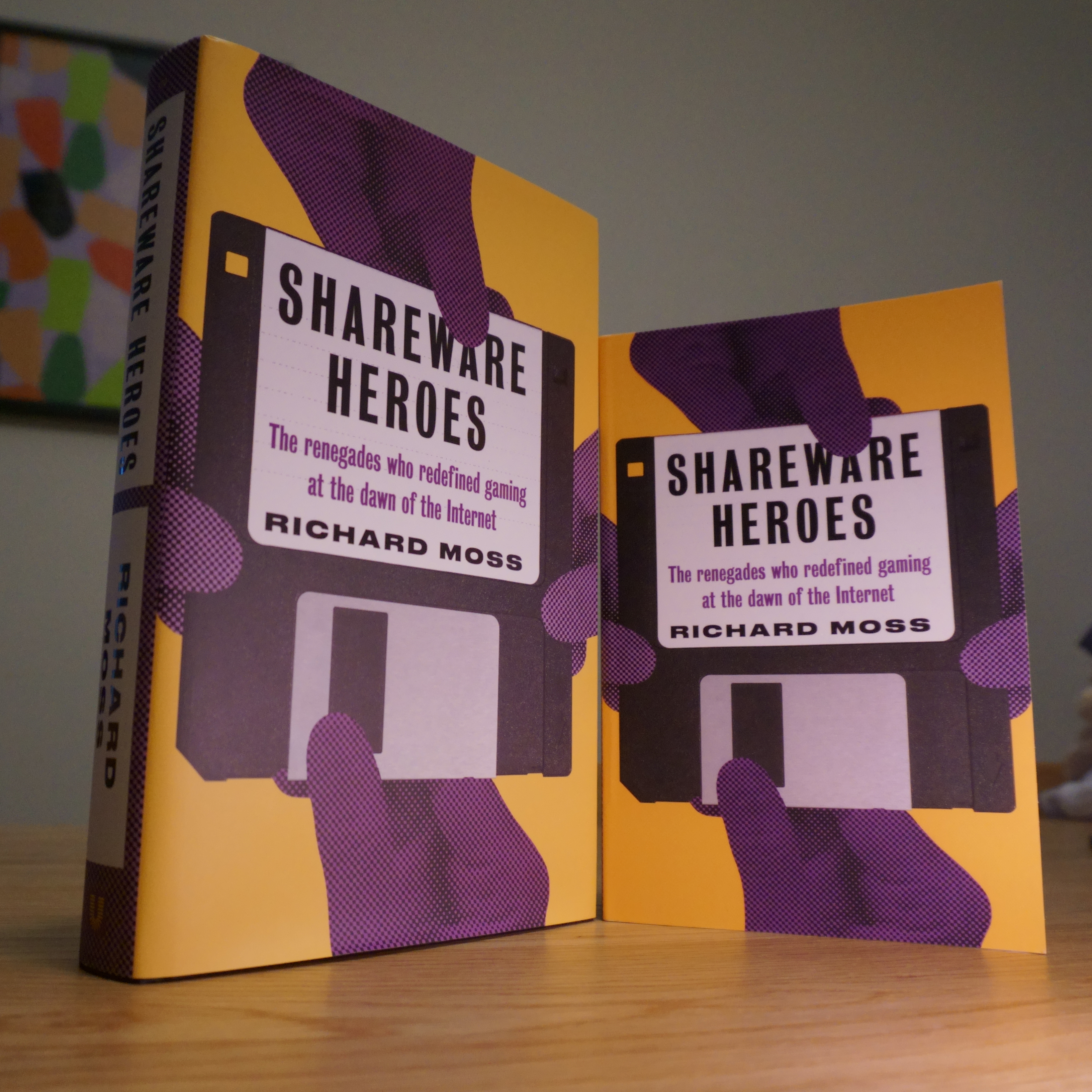
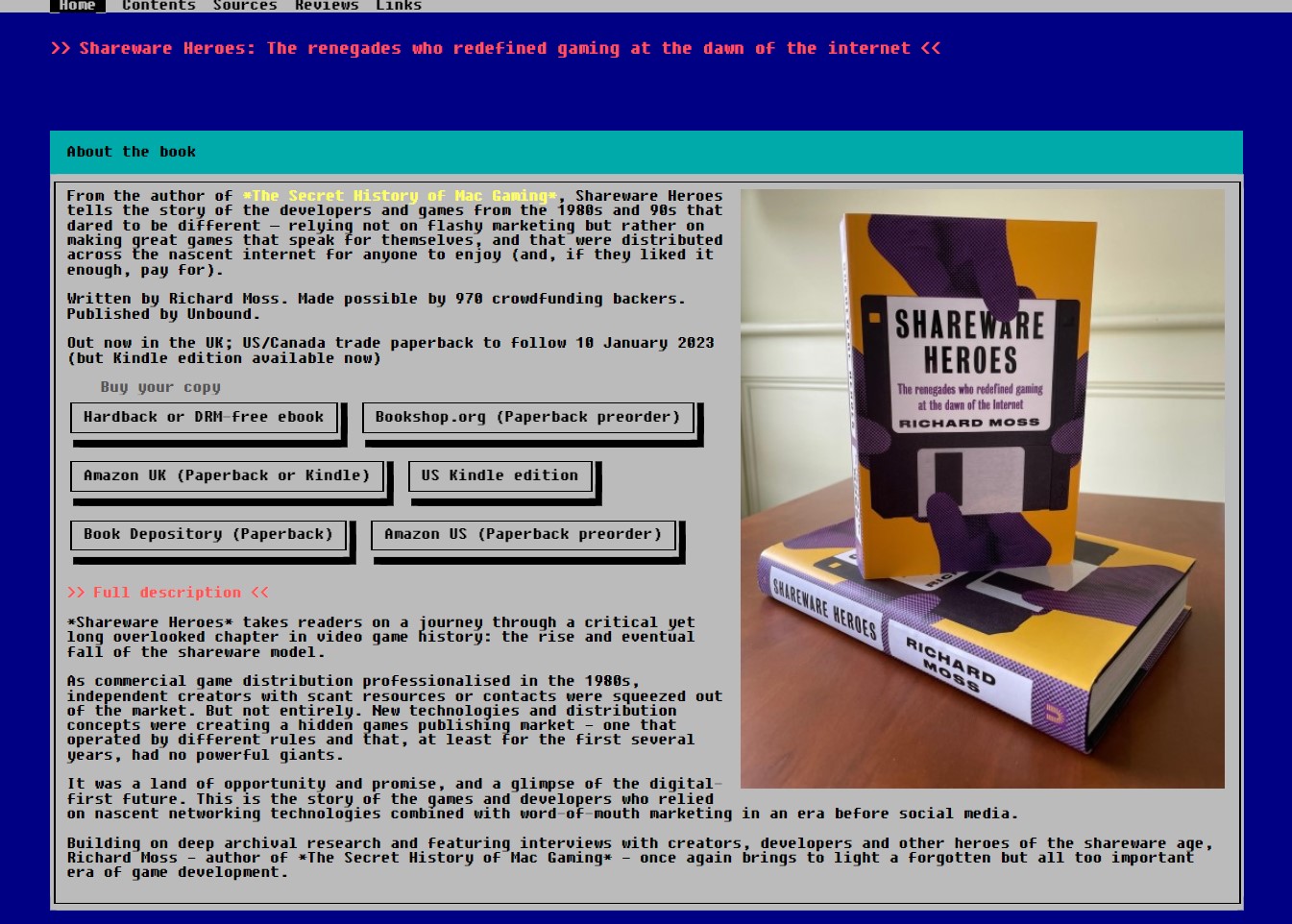
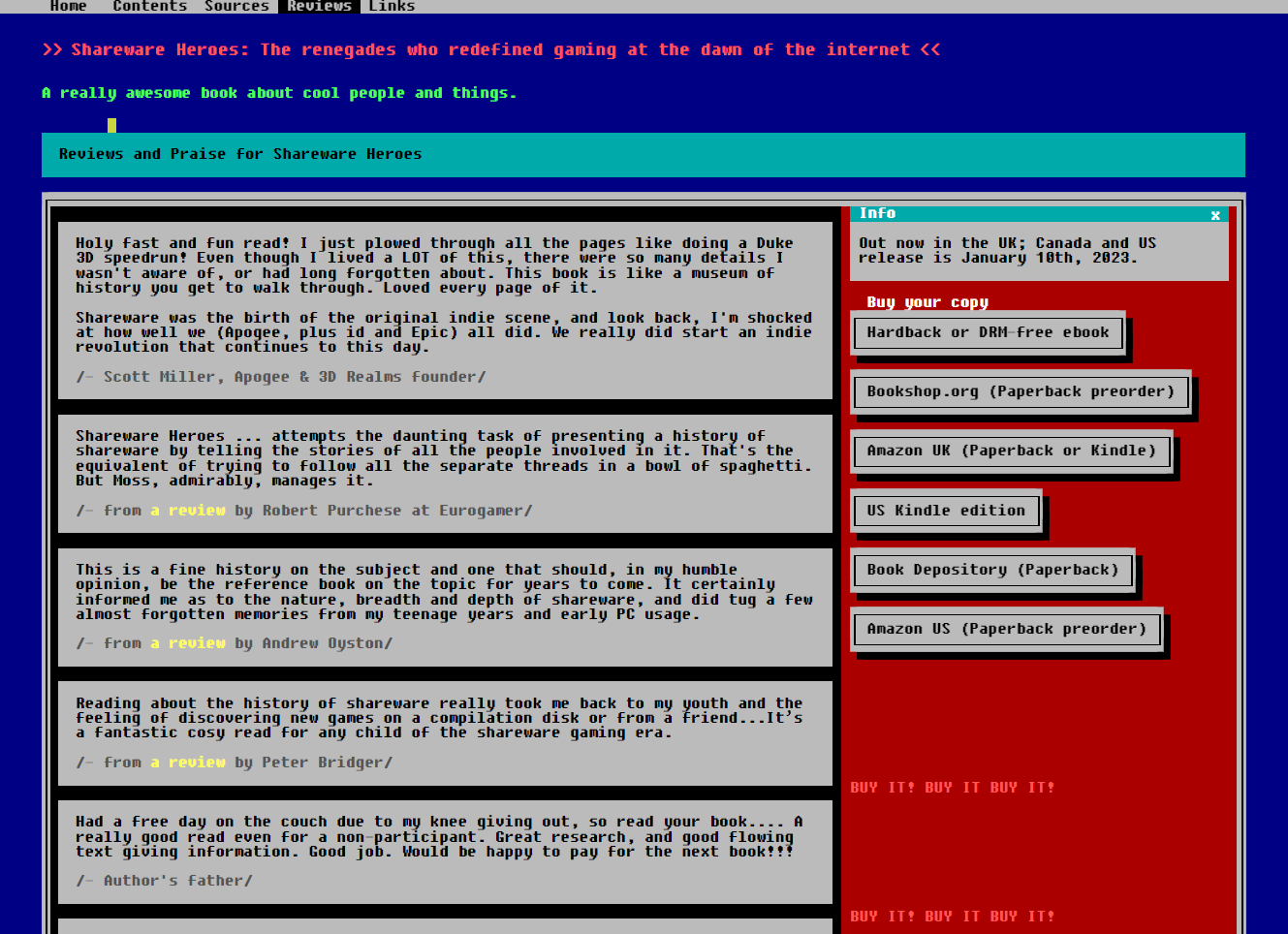
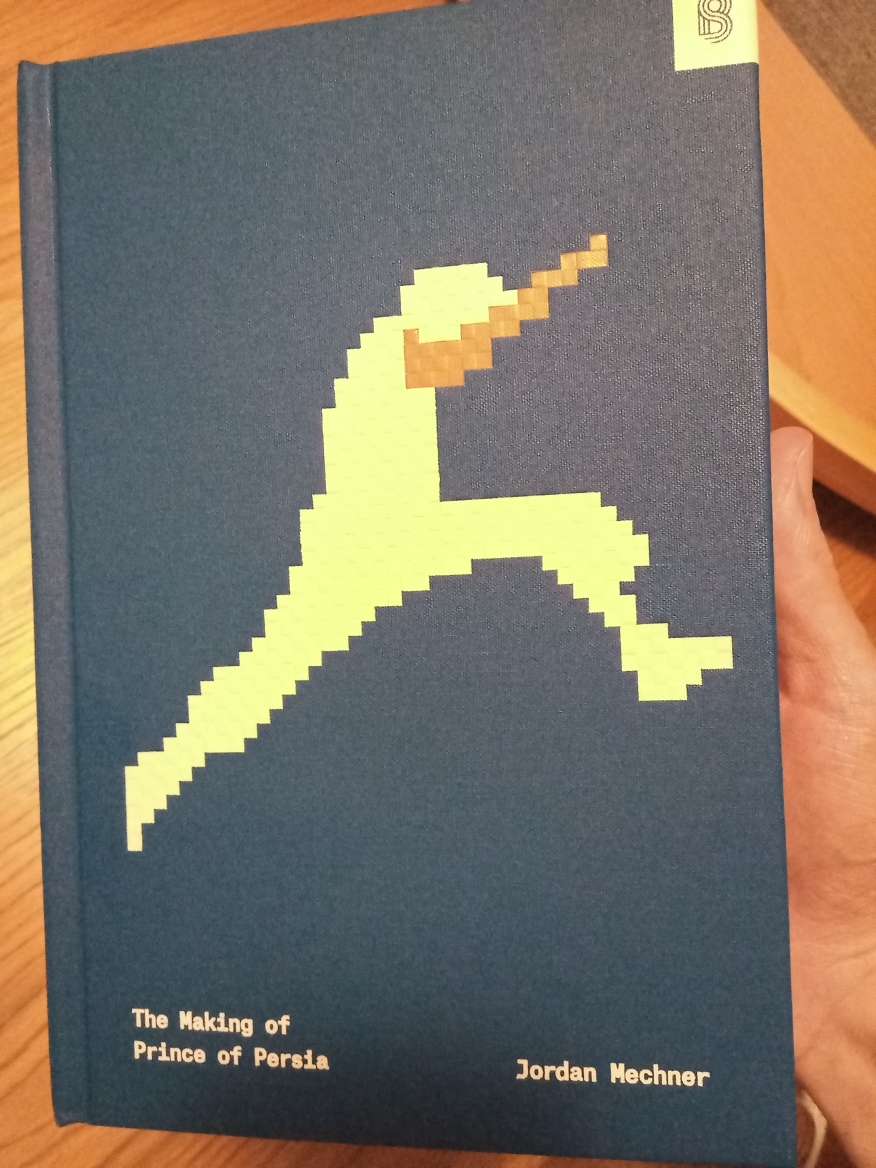
https://www.theguardian.com/commentisfree/2022/dec/27/wood-burning-stove-environment-home-toxins
Website: http://mac.mod-paradise.com
Background on its creation: https://macintoshgarden.org/forum/mac-garden-universe-expands-mac-mod-paradise-here
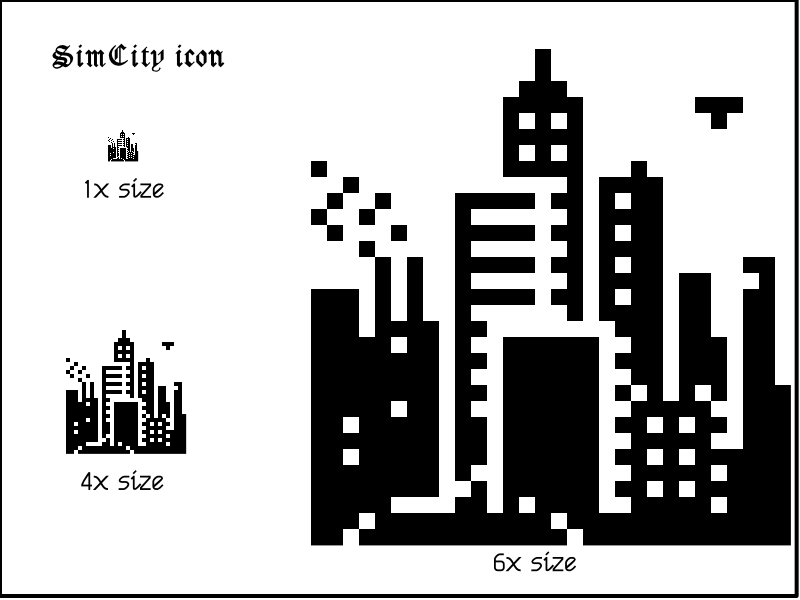
https://lifeandtimes.games/episodes/files/pax-panel-shareware-downunder
